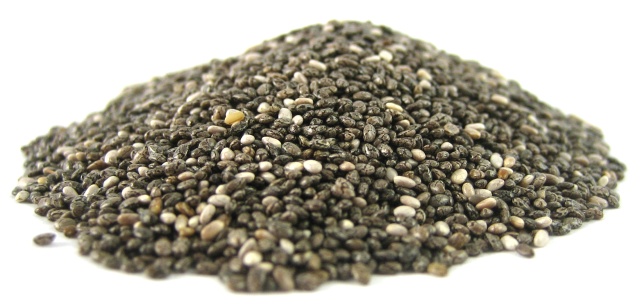We’re often been told that we should ‘eat healthy’, but I’m coming to realise that an intelligent approach to nutrition needs to be far more specific than that. I went into the library the other day to look at books about diet and nutrition. There were hundreds of books on the subject, and nearly all of them mentioned on the front cover the goal of losing weight.
I think that this is a terrible goal, for several reasons.
Firstly, it is expressed in purely negative terms. I am convinced that we do well in life when we frame our goals and desires positively.
Secondly, it’s horribly unspecific. If there is a theoretical perfect weight for every human being, then presumably some people are above that weight and some below. “Achieve your correct weight” would be a better subtitle.
But thirdly, weight is a terrible proxy for fitness. I define fitness quite simply as ‘the ability of the body to perform a required task.’ And this could mean very different things depending on the task and the individual in question. When Ranulph Fiennes prepares for a polar expedition, he very intentionally tries to gain weight, both in fat and in muscle, to sustain himself over the long months ahead of trekking through a frozen wasteland with only what he can drag behind him on a sled for sustenance. He is guaranteed to burn more calories per day than he can replenish from his food stores, so he has to have extra body mass at the start of his journey.
Scott Jurek is probably the worlds greatest Ultrarunner. He needs to eat enough food to rebuild his muscles after each days training, and consume enough energy to propel himself for 100 miles over the Sierra Nevada mountains.
An expectant mother also wants her body to perform the task of growing and delivering a baby; and her nutritional needs will be dictated by this process.
A weightlifter or a wrestler or a UFC fighter needs to build sufficient muscle mass to compete well, and will need to have a protein-heavy diet geared towards growing and sustaining highly functional muscles.
Interestingly, none of these individuals have ‘lose weight’ as a primary goal. And each one of them will need to have a different diet. If a sedentary office worker eats like Michael Phelps, he will soon be very unhealthy, but Phelps needs to consume 6000 calories a day or more to support his workout routine.
When we know what tasks we want our body to perform – when we know what we mean by fitness, then what we need to eat will start falling into place.
Today I woke up, went for a 20km run, spent the afternoon in the pool and the evening on a group bike ride.
 Strangely enough, despite being offered donuts several times throughout the day, I had no desire whatsoever to eat them, but I did find myself craving my hemp, chia-seed and buckwheat cereal. I didn’t make those dietary choices out of some sense of guilt, but because my body was clearly communicating that in order to achieve the demands I was placing on it it required the correct fuel.
Strangely enough, despite being offered donuts several times throughout the day, I had no desire whatsoever to eat them, but I did find myself craving my hemp, chia-seed and buckwheat cereal. I didn’t make those dietary choices out of some sense of guilt, but because my body was clearly communicating that in order to achieve the demands I was placing on it it required the correct fuel.
This is true in other areas of life. What we choose to consume will be intrinsically linked with what we are trying to achieve.